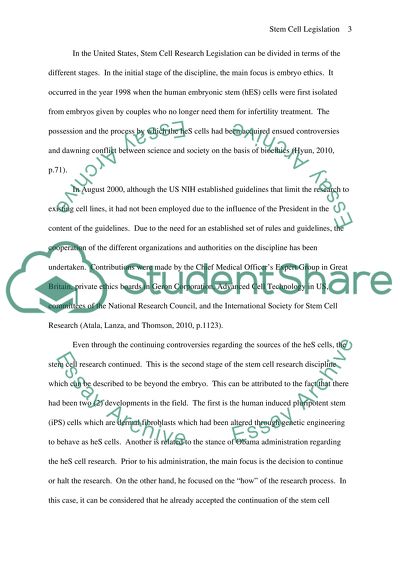Cite this document
(“A research paper on stem cell research legislation”, n.d.)
Retrieved from https://studentshare.org/family-consumer-science/1416044-a-research-paper-on-stem-cell-research-legislation
Retrieved from https://studentshare.org/family-consumer-science/1416044-a-research-paper-on-stem-cell-research-legislation
(A Research Paper on Stem Cell Research Legislation)
https://studentshare.org/family-consumer-science/1416044-a-research-paper-on-stem-cell-research-legislation.
https://studentshare.org/family-consumer-science/1416044-a-research-paper-on-stem-cell-research-legislation.
“A Research Paper on Stem Cell Research Legislation”, n.d. https://studentshare.org/family-consumer-science/1416044-a-research-paper-on-stem-cell-research-legislation.


